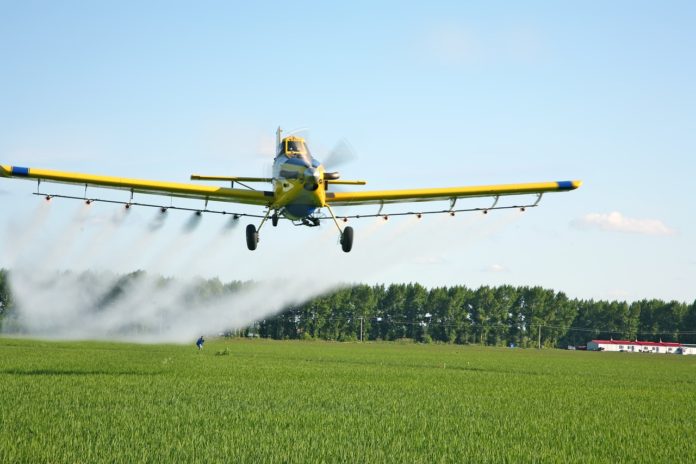ISLAMABAD (ABC) – Pakistan needs to adopt Artificial Intelligence (AI) technologies to revolutionize crop management and optimize yields.
This innovative approach harnesses the power of AI to enhance decision-making processes, optimize resource utilization, and ultimately boost productivity for farmers countrywide, reports WealthPK.
According to a report by the Agriculture Information Bank, AI can assist in confronting humanity’s one of the greatest upcoming challenges of feeding an additional two billion people by 2050, as UN projections record only 4% of extra land will be available for cultivation.
“AI is a solution to increase agricultural productivity with less use of resources,” said Muhammad Azeem Tariq, Senior Scientific Officer at the National Agricultural Research Centre (NARC).
He said, “One of the key areas where AI is having a significant impact is predictive analytics. Through AI-driven algorithms, vast amounts of data, including weather patterns, soil conditions, historical crop performance, and market trends, are analyzed.
This data-driven approach enables farmers to make informed decisions about planting, irrigating, applying fertilizers, and protecting crops from pests and diseases.
“In addition, AI-powered drones and sensors play a significant role in monitoring crop health and detecting potential issues early on. These technologies provide real-time insights into plant vitality, water stress levels, nutrient deficiencies, and pest infestations. By detecting problems at their onset, farmers can take proactive measures to mitigate risks and prevent crop losses.”
Although AI has huge potential in agriculture, constraints, such as farmers’ lack of digital literacy, affordability, and access to technology, particularly in remote regions, still need to be addressed.
To solve these problems and guarantee that the advantages of AI are widely distributed, the public, private, and non-governmental organizations should work together, he added.
Talking to WealthPK, M Bilal, SSO at the NARC said, “Integration of AI technologies in Pakistan’s agriculture sector marks a significant milestone in modernizing the crop management practices.
AI-driven predictive analytics, precision agriculture techniques, and market analysis tools empower farmers to make data-driven decisions, optimize resource utilization, and maximize yields.”
He said utilizing AI played a crucial role in connecting farmers to the markets. AI-driven market analysis tools empower farmers to make strategic decisions regarding crop selection and market timing.
By analysing market trends, demand-supply dynamics, and price fluctuations, farmers can identify profitable opportunities and optimize their crop portfolios for maximum profitability.
For example, by using mobile applications and online platforms, farmers can obtain real-time information about market conditions, prices, and demand predictions, which guarantees that they receive fair prices for their yields.
However, it’s crucial to ensure that smallholder farmers have access to these technologies and receive adequate training and support for effective implementation.

